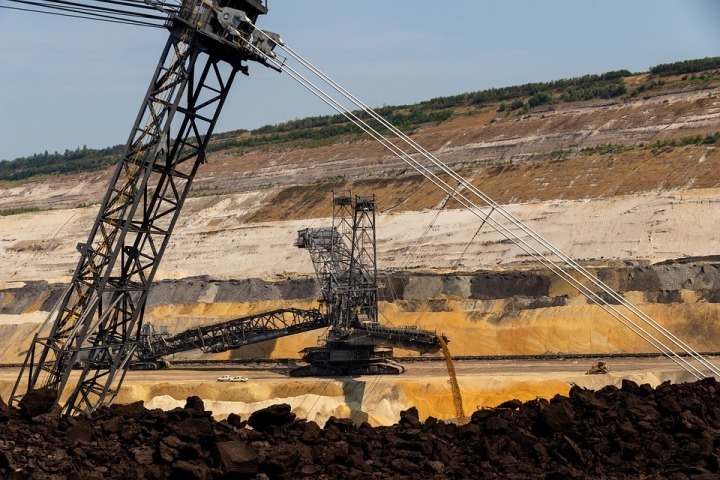
Africa Need To Harness Her Natural Resources For Sustainable Development- African Development Bank
Africa should harness its natural resources to accelerate sustainable development, the African Development Bank’s (AfDB.org) Chief Economist and Vice President for Economic Governance and Knowledge Management has said.
Rabah Arezki was speaking to policymakers and stakeholders during a two-day inception workshop which began Monday on the Bank’s Financial Modelling for the Extractive Sector (FIMES) project. He urged Africa to build capacity to “negotiate better deals and generate the kind of resources that are needed to finance its development and transformation”.
The FIMES project seeks to build capacity for financial modelling in order to strengthen domestic revenue mobilisation, institutional capacity and resilience in selected transitional regional member countries of the African Development Bank – namely Guinea, Liberia, Mali, Madagascar, Niger, Sierra Leone, South Sudan and Zimbabwe.
Khaled Sherif, the Bank’s Vice President for Regional Development, Integration and Business Delivery, called for the implementation of sound natural resource management and emphasized the importance of oil, gas and minerals to government treasuries.
“The African Development Bank estimates that revenues from recent oil, gas and mineral discoveries could contribute between 9% and 31% of additional government revenues over the first 10 years of production for countries such as Ghana, Liberia and Mozambique,” he said.
Douka Sediko, Commissioner for Energy and Mines for ECOWAS, the West African economic community, underscored the importance of natural resources to Africa’s development.
“Natural resources play a critical role in economies, as they contribute to the well-being of the people, as a source of livelihood and contribute to GDP,” he said. “The FIMES project is an opportunity for the ECOWAS bloc to achieve its development goals.”
In his keynote address, Ismaël Dioubaté, Minister of Budget in the Republic of Guinea, said financial modelling must be at the heart of Africa’s extractive industries to address inequality and ensure all citizens can benefit.
“There is a disparity between the abundance of natural resources in African countries and the level of development. Approximately 40% of Africa’s population continues to fall below the poverty line, or $2 a day, despite notable progress,” he said.
Vanessa Ushie, Division Manager, Policy Analysis, at the Bank’s African Natural Resources Centre, said 20 government officials from the eight countries would participate in the pilot training offered by the FIMES project.
The FIMES project is a multinational project funded by the African Development Bank’s Transitional Support Facility and implemented by the Bank’s African Natural Resources Centre.
The two-day workshop officially launched the project and provided an update on its implementation in the beneficiary countries.
.

